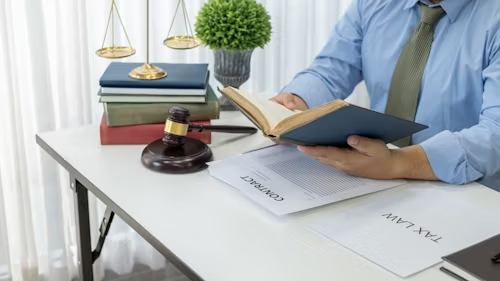The Power of Legal Documents: Protecting Your Rights and Assets
Legal documents play a crucial role in safeguarding your rights and protecting your assets. Whether you are an individual or a business entity, having the right legal documents in place can provide you with peace of mind and ensure that you are well-prepared for any unforeseen circumstances. In this article, we will explore the importance of legal documents and how they can help safeguard your rights and assets.
Understanding Legal Documents
Legal documents are written agreements or instruments that define the rights, obligations, and responsibilities of parties involved in a legal transaction. These documents are legally binding and can be used as evidence in a court of law. They provide clarity and certainty to the parties involved, ensuring that their rights and interests are protected.
There are various types of legal documents that serve different purposes. Some common examples include:
- Contracts: Contracts establish the terms and conditions of a legal agreement between two or more parties. They outline the rights, obligations, and responsibilities of each party involved.
- Wills and Trusts: Wills and trusts enable individuals to dictate how their assets should be distributed after their death. They help avoid disputes and ensure that the individual’s wishes are followed.
- Power of Attorney: A power of attorney document grants someone the authority to act on behalf of another person, typically in financial or legal matters.
- Non-Disclosure Agreements: Non-disclosure agreements (NDAs) protect sensitive information from being shared or disclosed to unauthorized parties.
The Importance of Legal Documents
Legal documents serve several crucial purposes, including:
- Protection of Rights: Legal documents ensure that your rights are protected and enforceable. They establish a clear framework within which parties must operate, minimizing the risk of disputes and misunderstandings.
- Asset Protection: Legal documents help safeguard your assets by outlining ownership, transfer, and management rights. This is particularly important in business transactions and estate planning.
- Risk Mitigation: By clearly defining the responsibilities and obligations of each party, legal documents minimize the risk of potential legal disputes or liabilities. They provide a solid foundation for resolving conflicts.
- Legal Compliance: Legal documents ensure compliance with applicable laws and regulations. They help businesses and individuals navigate complex legal requirements and avoid penalties or legal consequences.
- Peace of Mind: Having the right legal documents in place provides peace of mind, knowing that your rights, interests, and assets are protected. It allows you to focus on your personal or business endeavors without constant worry or uncertainty.
Frequently Asked Questions (FAQs)
Q: Do I need legal documents even for simple agreements?
A: Yes, it is always recommended to have legal documents for even the simplest agreements. While it may seem unnecessary, having a written agreement helps avoid misunderstandings and provides a clear record of the agreed-upon terms and conditions.
Q: Can I create my own legal documents?
A: It is possible to create your own legal documents, especially for straightforward matters. However, it is crucial to ensure that they comply with relevant laws and regulations. For complex or high-stakes situations, consulting with a qualified attorney is highly recommended.
Q: How often should I review and update my legal documents?
A: It is advisable to review and update your legal documents periodically or whenever significant changes occur in your personal or business circumstances. This ensures that your documents remain relevant and reflective of your current situation.
Q: What should I do if I need legal advice?
A: If you require legal advice or assistance, it is best to consult with a qualified attorney specializing in the relevant area of law. They can provide personalized guidance based on your specific needs and circumstances.
Legal documents are powerful tools that protect your rights and assets. They provide clarity, certainty, and peace of mind in various legal transactions. To learn more about the importance of legal documents, you can visit this informative article or this comprehensive guide.




/cloudfront-us-east-2.images.arcpublishing.com/reuters/KPEG4ZGEK5M55EDSZPJL5RDSBY.jpg)